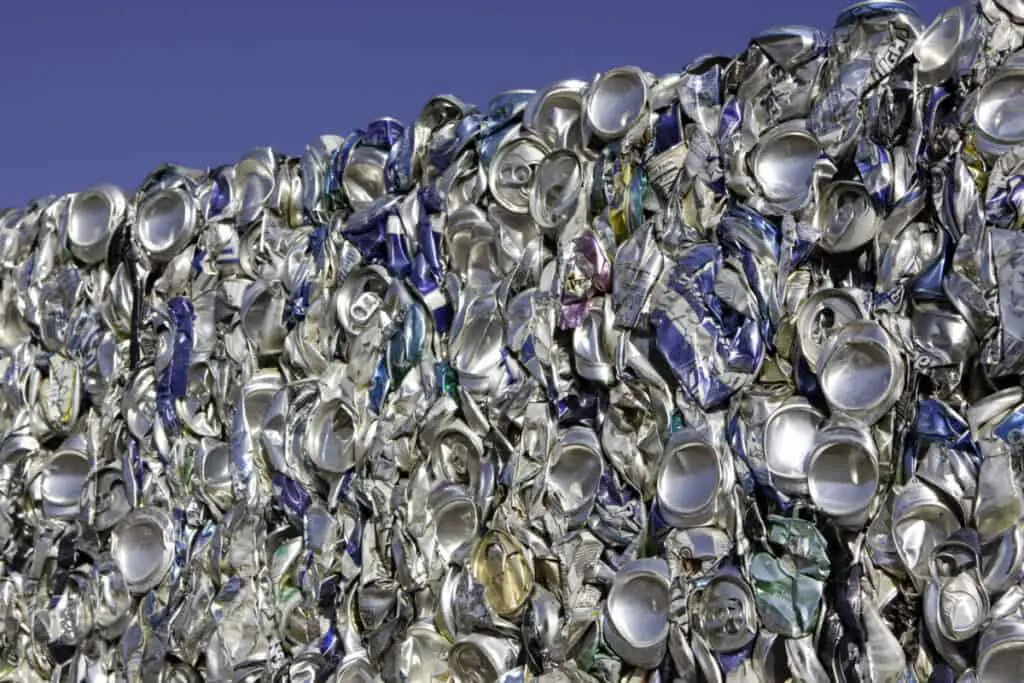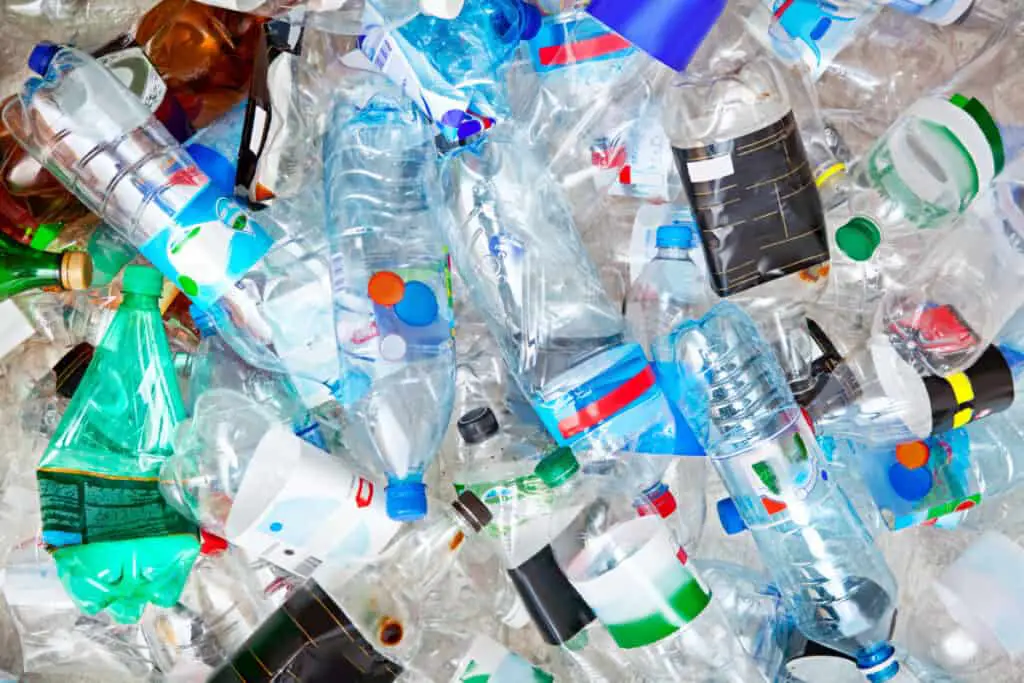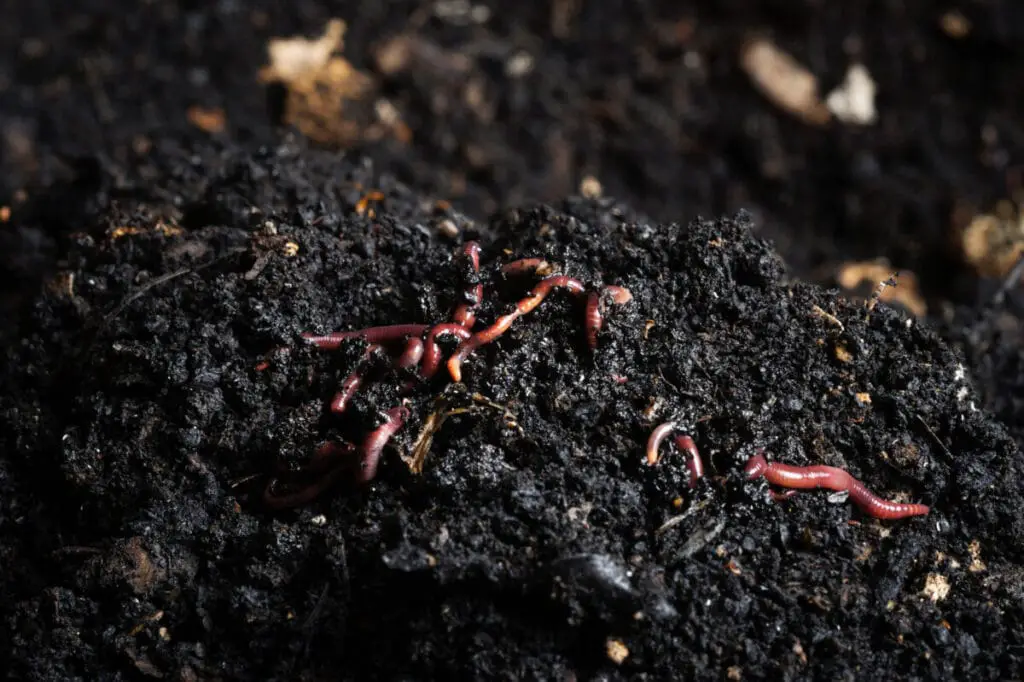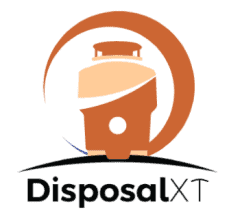
When it comes time to pay your taxes, there is likely a significant number of questions that may arise while you do so. There are many different nuances to what is taxed and what is not, as well as to what is taxed to what degree, which may be confusing. If recycling income is one of the nuances you want to know about, then this article will help to clear up any queries you may have on the subject.
Income made from picking up recyclable materials from others, as well as the monetary incentives that are received for recycling those materials, is taxable. However, money received for the recycling of personal goods that one purchased is a form of rebate and is not subject to income tax.
Now, what exactly does that mean for your specific circumstance? That can depend on numerous different factors. Below, different factors in what is or isn’t taxable when it comes to your recycling habit will be explained in detail.
Recycling Bottles

Almost everyone who has ever bought a soda or bottled water more than a few times in their life has probably noticed a marking saying “hi-me 5 cents” or something similar. This is a notice to whoever is holding the bottle that it is possible to receive a partial refund for that product when it is brought in to be recycled. It stands to reason that if you are a prolific bottled water or soda drinker, that 5 to 10 cents that bottle is promising you could add up to a decently substantial amount. Perhaps you are considering making a trip to your nearest recycling center or already have. That then raises the question, do you have to pay taxes on my “hi me” refund?
The answer is no, as long as you have not collected said bottles from other people, businesses, or organizations and then recycled said bottles. Why? Well, according to the IRS, most forms of rebates are not considered taxable income and therefore do not count towards the gross income that you must report on your tax returns. The small refund received for your good deed when you recycle your own old cans and bottles is considered to be a form of a rebate, as it is essentially a belated discount for whichever product you purchased. (Source)
This all changes when you go out of your way to gather other people’s cans and bottles and receive their rebates for those products. Because you did not purchase those items, the rebate you then receive is not originally for you, and thus is taxable. It is considered part of your gross income under 26 U.S. Code § 61 (Source).
Recycling as a Job
Bottled soda and water are immensely popular in the U.S., and are sold in the millions every year. So many of these plastic and metal products simply end up at the top of a landfill somewhere, in the ocean, or simply on the side of the highway. Recycling them is something seemingly so simple that can do so much good for the environment, yet a huge number of people never do. This creates a unique opportunity for those with a desire to help the environment or those who simply want to make some easy cash to step in and help everyone else recycle. By collecting bottles and cans and turning them into a recycling center, the cash received can add up quickly, even if it is often only 5 to 10 cents per item.
If you regularly collect recyclable goods from others in order to make money off of the rebates on those goods, then it may be worth it to consider such an endeavor as a form of self-employment. If you do so, then some of the expenses you have as a result of your recycling job can be deducted as business expenses on your tax return. The mileage on your car, as well as the gas you pay for you to be able to make it there and back from your nearest recycling center, are things to consider deducting as business expenses. Make sure to either itemize your deduction or accept standard deduction but not do both.
One of the most important things to remember if you go the route of considering yourself self-employed is that you need to be meticulous in how you record your incomes and expenses. Recording your mileage, and recording the amount of money received for your recycling will help in a huge way when it comes time to do your taxes in April. And as another hint, some municipalities pay bigger rebates for the same items. (Source)
Recycling/Composting Equipment Tax Credit

If you purchase your own machinery or equipment in order to recycle items from your household or in order to compost them, you may be particularly in luck depending on which state you live in. In an effort to encourage environmentally conscious behavior in their citizens, a decent amount of states have begun implementing a special tax credit that benefits those who purchase such equipment. Note that in many states you may have to apply especially in order to take advantage of these benefits.
Arizona specifically is a state which offers an income tax credit for individuals as well as businesses, one of which is 10% of the installed cost of said equipment. In order for said equipment to qualify for this credit, it has to be used only for the purpose of recycling, and the end product must be at least 25 percent recycled material.
Arizona is the only state so far that offers recycling equipment tax credits to individuals, yet there are many which offer tax credits for recycling businesses.
Arkansas, Deleware, Florida, Georgia, Hawaii, Iowa, Idaho, Kentucky, Louisiana, Maryland, Minnesota, Montana, North Carolina, North Dakota, New Jersey, New Mexico, Nevada, Oklahoma, Oregan, South Carolina, Texas, and Utah all offer some form of recycling/composting equipment tax credit to recycling business but not individuals, with varying requirements for eligibility and credit amounts (Source). Who knows, in the future, maybe more states will join Arizona in offering benefits for individuals who want to step up their recycling efforts.
Related Topics:
If you like the article above, here are some other similar articles you should check out!
